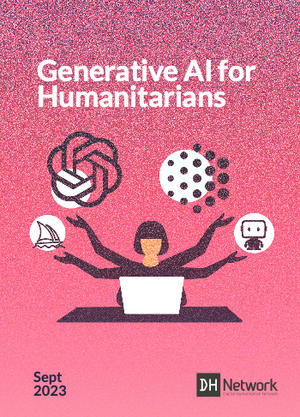
Generative AI for Humanitarians - September 2023
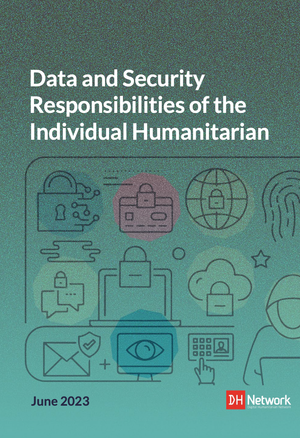
Data and Security Responsibilities of the Individual Humanitarian - June 2023
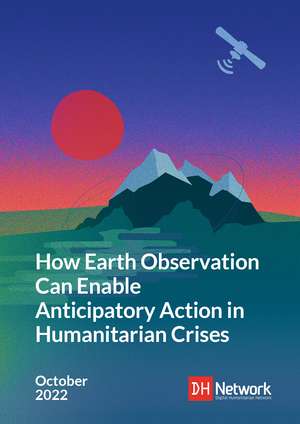
How Earth Observation Can Enable Anticipatory Action in Humanitarian Crises - October 2022
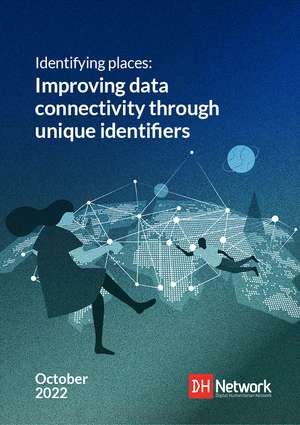
Identifying places - Improving data connectivity through unique identifiers - October 2022
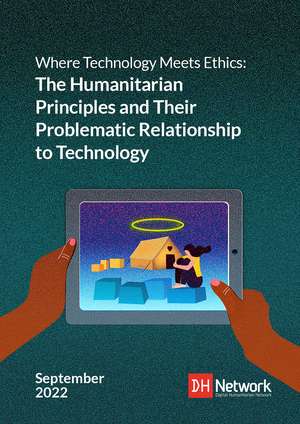
Where Technology Meets Ethics - The Humanitarian Principles and Their Problematic Relationship to Technology - September 2022
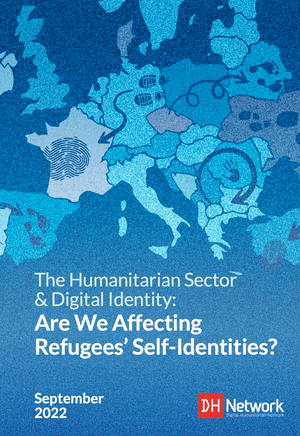
The Humanitarian Sector & Digital Identity: Are We Affecting Refugee’s Self-Identities? - September 2022
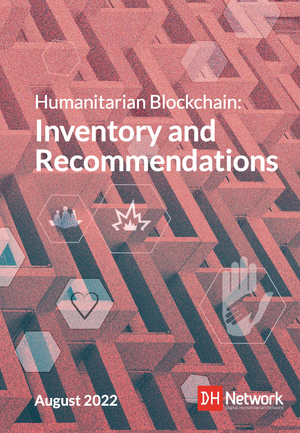
Humanitarian Blockchain - Inventory and Recommendations - August 2022
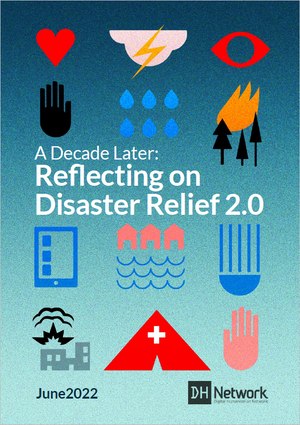
A Decade Later - Reflecting on Disaster Relief 2.0 - June 2022
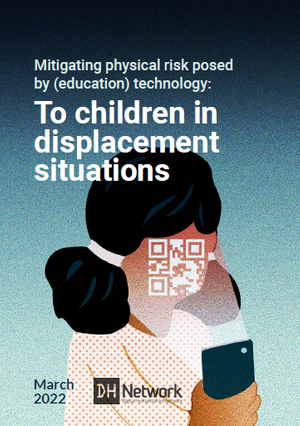
Mitigating physical risk posed by (education) technology - To children in displacement situations - March 2022
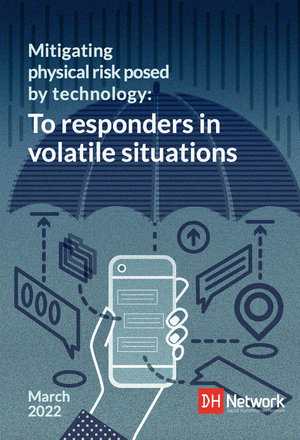
Mitigating physical risk posed by technology - To responders in volatile situations - March 2022
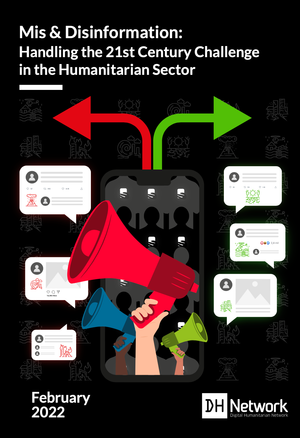
Mis & Disinformation - Handling the 21st Century Challenge in the Humanitarian Sector - February 2022
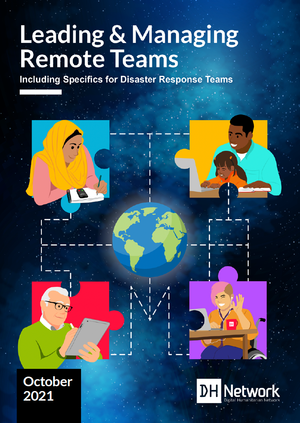
Leading and Managing Remote Teams - Including Specifics for Disaster Response Teams - October 2021
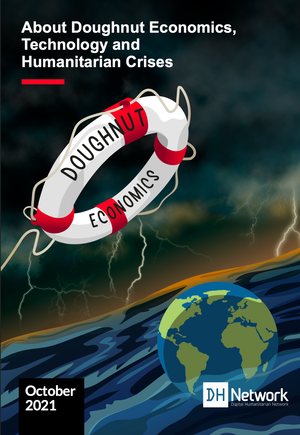
About Doughnut Economics, Technology and Humanitarian Crises - October 2021
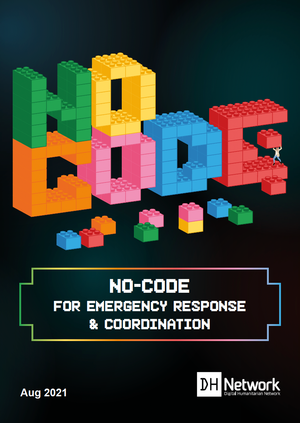
No-Code for Emergency Response & Coordination - August 2021
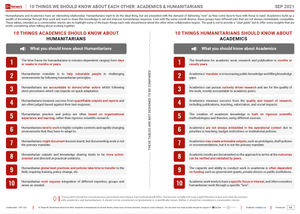
10 things we should know about each other: Academics & Humanitarians - September 2021
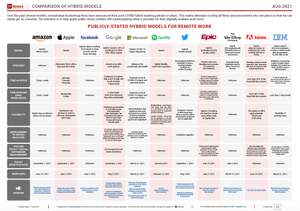
Publicly-Stated Hybrid Models for Remote Work - large tech firms - August 2021
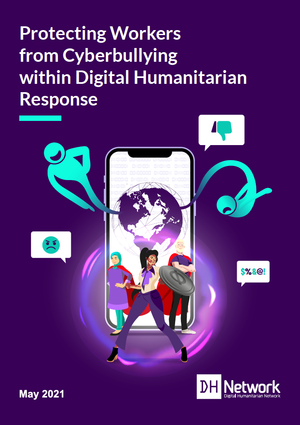
Protecting Workers from Cyberbullying within Digital Humanitarian Response - May 2021
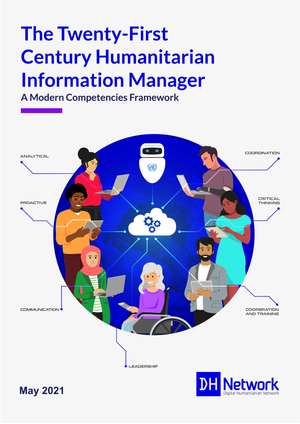
The Twenty-First Century Humanitarian Information Manager - A Modern Competencies Framework - May 2021
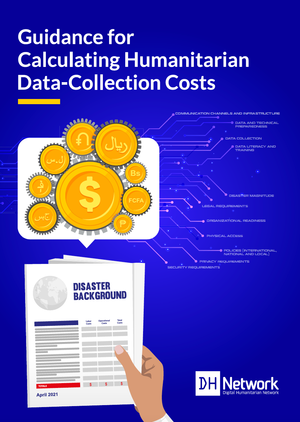
Guidance for the Calculating Humanitarian Data Collection Costs - April 2021
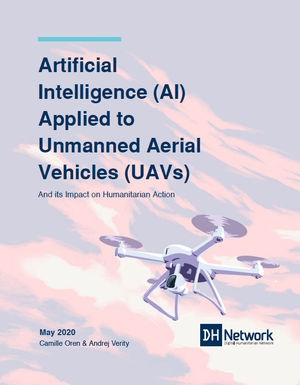
Artifical Intelligence (AI) Applied to Unmanned Aerial Vehicles (UAVs) And its Impact on Humanitarian Action - May 2020
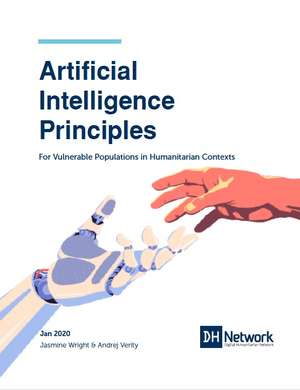
Artificial Intelligence Principles for Vulnerable Populations in Humanitarian Contexts - January 2020
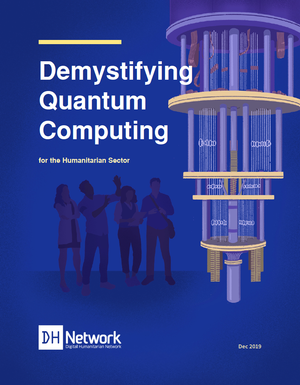
Demystifying Quantum Computing for the Humanitarian Sector - December 2019
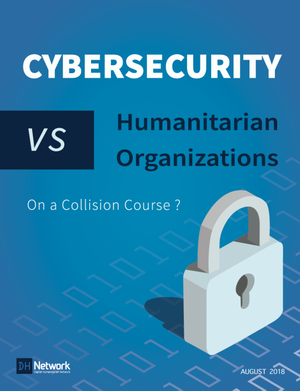
Cybersecurity and Humanitarian Organizations - On a Collision Course? - June 2019
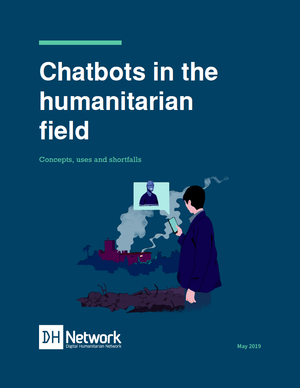
Chatbots in the humanitarian field - concepts, uses & shortfalls - May 2019
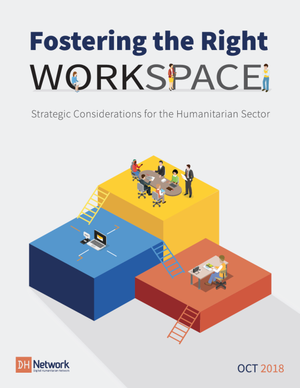
Fostering the Right Workspace - Strategic Considerations for the Humanitarian Sector - May 2019
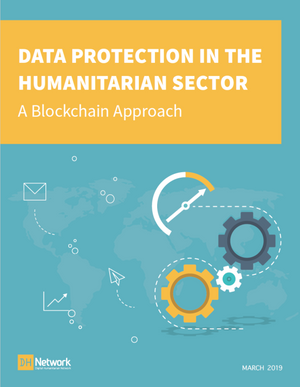
Data Protection in the Humanitarian Sector - A Blockchain Approach - April 2019
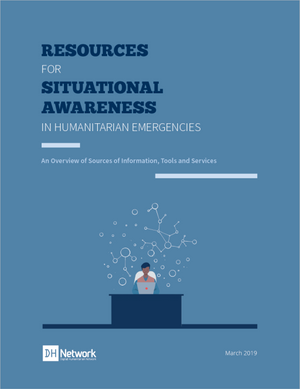
Resources for Situational Awareness in Humanitarian Emergencies - March 2019
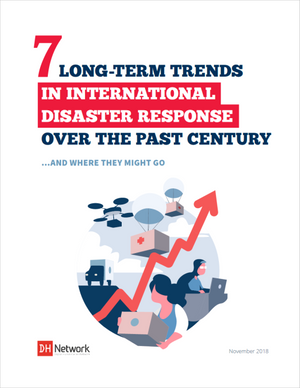
7 Long-Term Trends in International Disaster Response Over the Past Century - November 2018
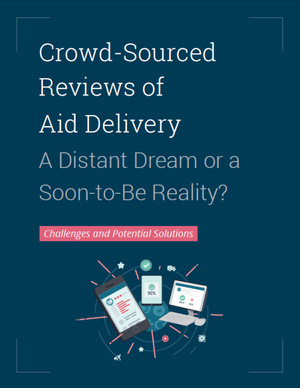
Crowd-Sourced Reviews of Aid Delivery: A Distant Dream or a Soon-to-Be Reality? - Decemeber 2017
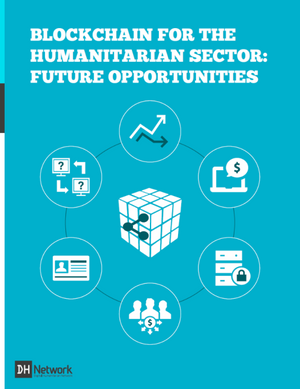
Blockchain for the Humanitarian Sector - Future Opportunities -November 2016
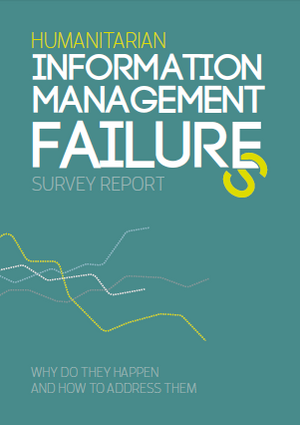
Humaitarian Information Management Failures - Survey Report - May 2016
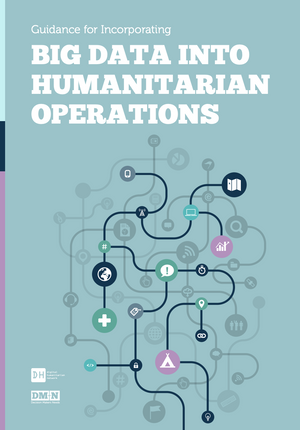
Guidance for Incorporating Big Data Into Humanitarian Operations - September 2015
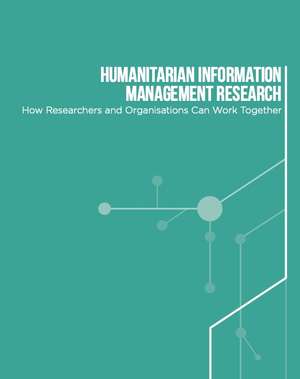
Humanitarian Information Management Research - How Researchers and Organizations can work together - July 2015

Humanitarian Decision Makers - Taxonomy - October 2013
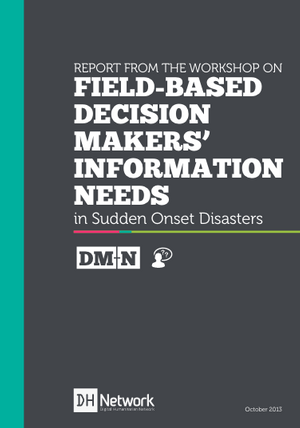
Field-Based Decision Makers’ Information Needs - October 2013
